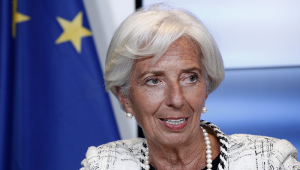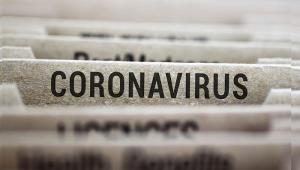The value of imported fake goods worldwide rose $461bn (2.5% of world trade) to $509bn (3.3%) while overall trade volumes stagnated, according to a joint report from OECD and the EU’s Intellectual Property Office.
For the EU, counterfeit trade represented 6.8% of imports from non-EU countries, up from 5% in 2013, according to report based on 2016 customs seizure data.
The OECD said: “Trade in fake goods, which infringe on trademarks and copyright, creates profits for organised crime gangs at the expense of companies and governments.”
The majority of fake goods picked up in customs checks originate in mainland China and Hong Kong, while other major points of origin include UAE, Turkey, Singapore, Thailand and India, the report said.
Countries most affected by counterfeiting in 2016 were the US, France, Italy, Switzerland and Germany.
OECD public governance director Marcos Bonturi said: “Counterfeit trade takes away revenues from firms and governments and feed other criminal activities. It can also jeopardise consumers’ health and safety.
“Counterfeiters thrive where there is poor governance. It is vital that we do more to protect intellectual property and address corruption.”
Fake items that can impact health and safety include: medical supplies, car parts, toys, food and cosmetic brands and electrical goods.













